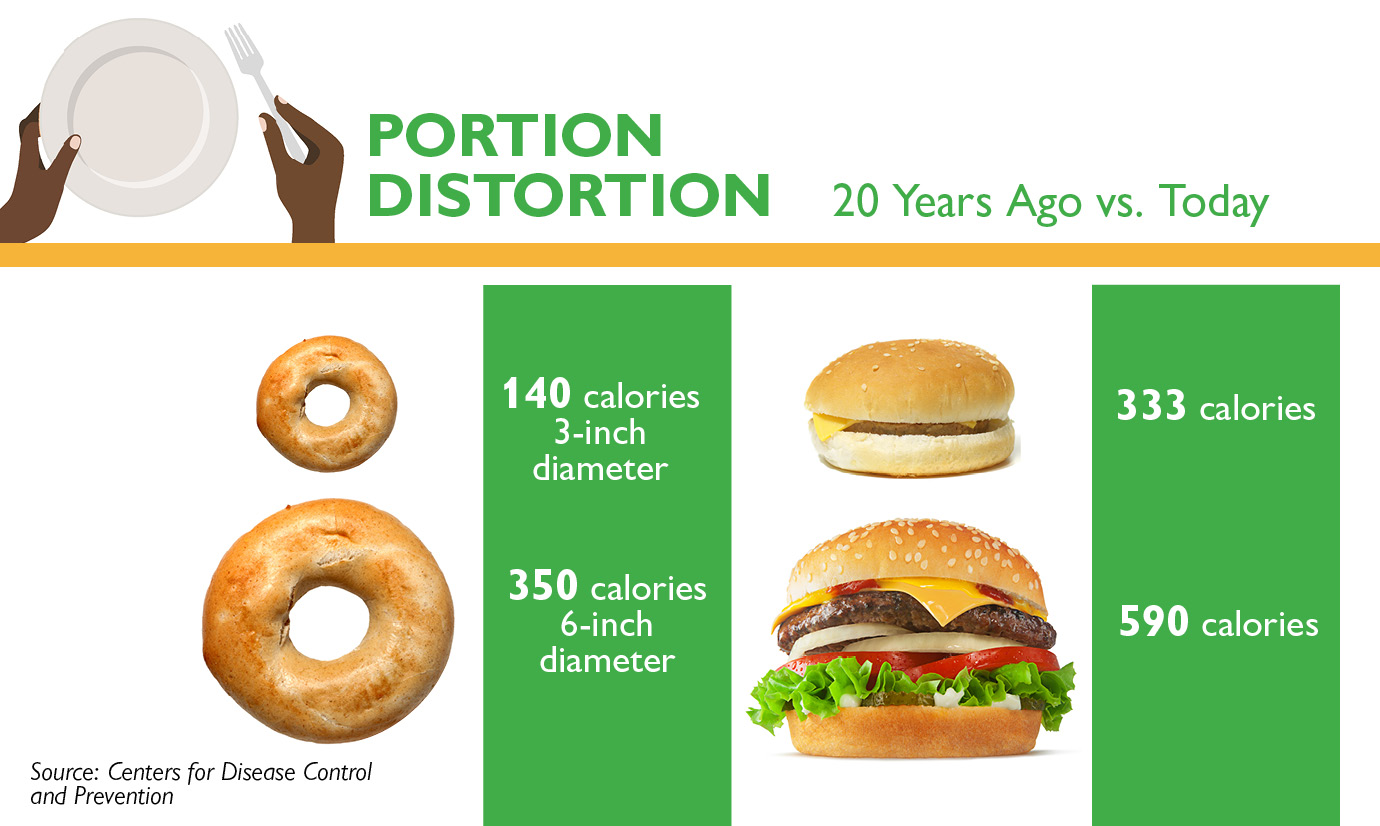Back in 2013, food services leaders and administrators discussed an overhaul of Johns Hopkins Bayview’s aging cafeteria. They debated equipment, furniture and décor. Then they tackled a new topic: how to provide healthier food that’s tasty and affordable.
Offerings at the upgraded eatery would become part of an institutionwide effort to promote wellness at the workplace.
Today, business is brisk at the Courtyard Café, says Angelo Mojica, the Johns Hopkins Health System’s senior director of food and culinary services. Johns Hopkins Bayview has found a way to incentivize healthier choices: Every menu item marked with a green leaf on menu boards receives a healthy-food discount.
“The more healthy choices you make, the more discounts you receive,” says Mojica. And, he assures, “It all tastes really good. If we can’t do food right, we won’t make it.”
Food stations include Lemongrass (Asian), Super Bowl (build a meal in a bowl), The Greens Project (salads and soups), Prime Grill (veggie and meat burgers) and Rocco’s Brick Oven Pizza.
At Super Bowl, bowls are less than supersize and can be filled with a variety of foods, including sweet potatoes, rotisserie chicken, turkey and brisket. The Hopkins Bayview cafeteria also offers plenty of vegan options, such as high-protein lentil penne pasta and soy “veggie shreds,” which are featured at several of the locations.

Other health-conscious adjustments: Half of the daily soup offerings contain less than 792 milligrams of sodium, and fountain soda cups are limited to 16 ounces, as beverages can’t exceed 100 calories. Food services workers serve salads with a variety of greens and add-ons selected by patrons. Nothing is fried — even chicken tenders are baked.
Sales of salad products have tripled, says Manny Lopez, assistant director of retail services, “in large part due to the great variety of toppings and much greater value now being offered.”
Some challenges persist. The search is on for smaller muffins and bagels, and to provide alternatives to cake (e.g., fruit) for employee birthday celebrations. But Courtyard Café has begun to serve as a model for cafeteria transformations at other Johns Hopkins affiliates, says Mojica.
Johns Hopkins Bayview’s food services recently received the Association for Healthcare Foodservice’s Partnership in Leadership Award for the hospital’s strong commitment to “self-operation” of food services. Self-operation in health care food services refers to a hospital’s commitment to running its food and nutrition operation, rather than outsourcing the work to a vendor. This approach allows Johns Hopkins Bayview to ensure that food and nutrition are aligned with the organization’s mission, making food services a core component of overall healing and well-being.
Watch a video about the cafeteria team and its efforts.
Read more about how Johns Hopkins is cultivating a healthier workforce.
